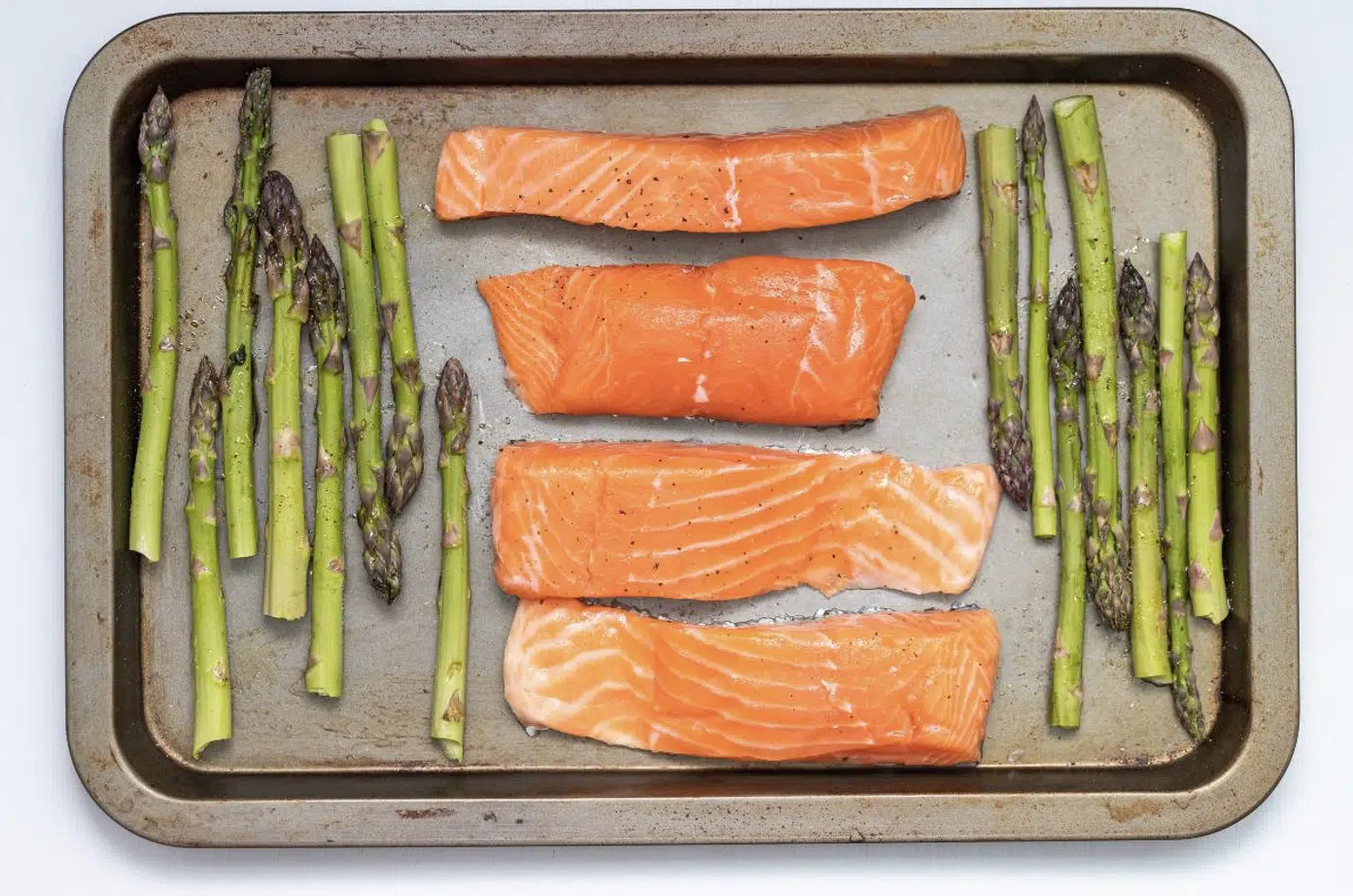by Sophia Smith: We all know the saying “You are what you eat”,
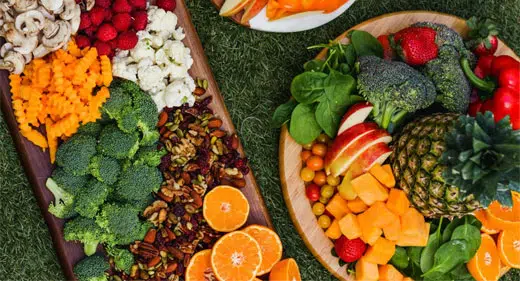
but how many of us really take the time to digest this proverbial saying? Our hectic lifestyle and overflowing schedules cause many of us to become negligent with eating properly. This is a major concern considering that the U.S. obesity rate is projected to reach nearly 50% by the year 2030. Poor nutrition, whether as a result of poverty or limited access to nutritious foods, is often linked to stress and depression. If unaddressed, it can result in various health problems such as eating disorders, high cholesterol, heart disease, and cancer.
The good news? This could all be prevented by modifying our behaviors. According to a Harvard study, maintaining a healthy weight and diet are two of the five crucial habits that can help prolong our life. The question is: What does eating healthy mean, and what foods do we need to eat to boost our health and longevity? Here are a couple of suggestions.
Cruciferous vegetables and leafy greens
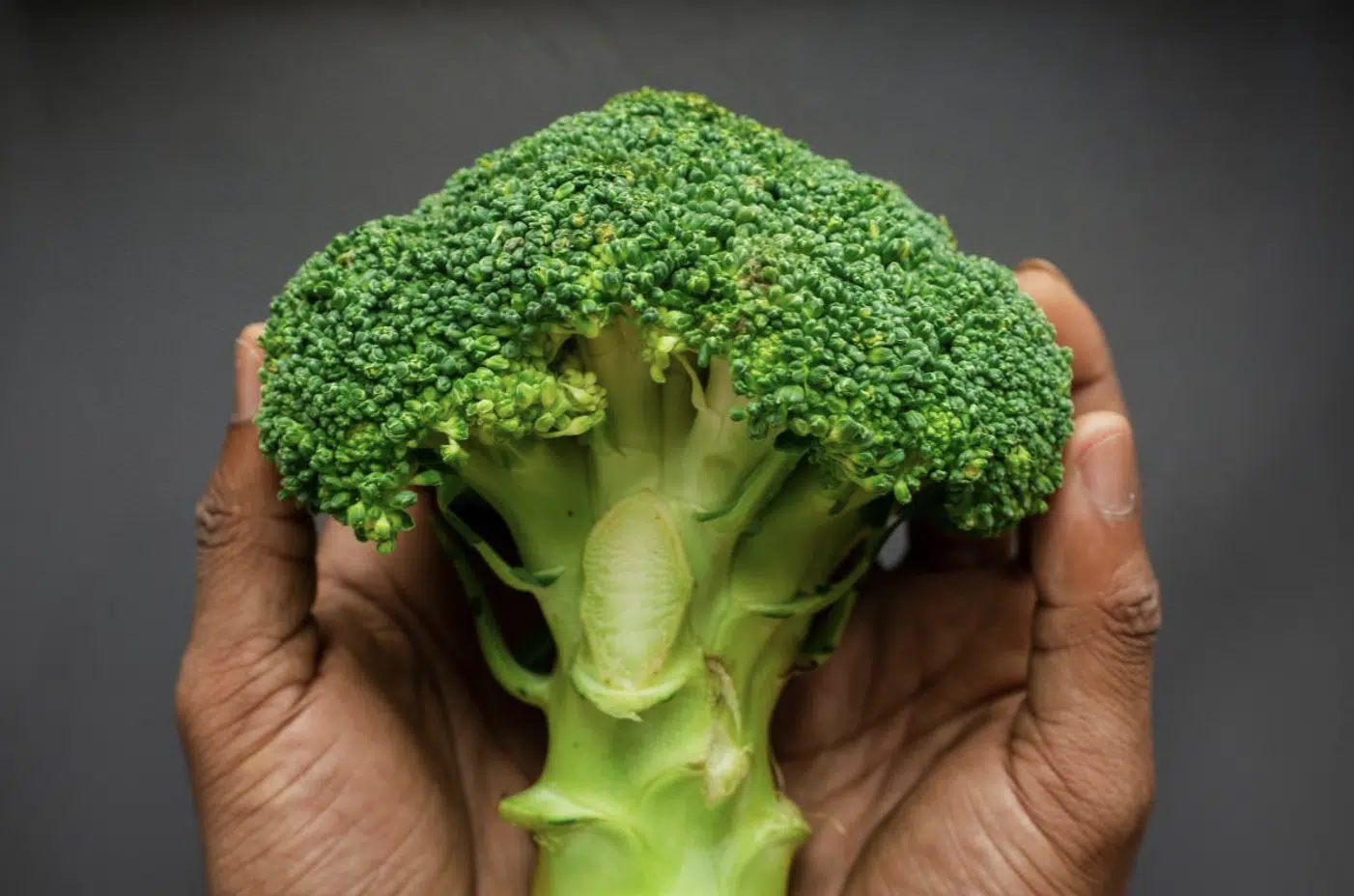
One of the best ways to slash the risk of heart disease, diabetes, and cancer is to simply get more greens on your plate. Leafy greens like spinach and lettuce along with cruciferous veggies such as kale, broccoli, or cauliflower are often the first thing that springs to mind at the mention of healthy foods, and for good reason.
Rich in carotenoids, lutein, and B-vitamin folate, leafy greens are praised for their antioxidant and anti-inflammatory properties, and they’re ideal for weight control. Their cruciferous counterparts are just as helpful for healthy aging thanks to their anti-cancer properties, and they also happen to be vegetable powerhouses with the highest nutrient density.
That said, always opt for organic fruits and vegetables whenever that’s possible. This is especially important when you’re buying produce such as kale and spinach, both of which happen to be high on the list of the most pesticide-contaminated produce, so make sure you get them organic.
A low-calorie brain food, fish is a staple in some of the healthiest diets in the world such as the Asian diet which is known for being high in antioxidants, fiber, minerals, and vitamins. A source of lean protein, essential nutrients, and heart-healthy omega-3 fatty acids, fish and especially fish oil bring a plethora of health benefits to the table.
Consuming two servings of fish such as salmon, trout, and herring on a weekly basis has been associated with lowered blood pressure, reduced risk of heart disease and Alzheimer’s disease, better brain development, and lower risk of postpartum depression in women.
Nuts, seeds, and heart-healthy oils
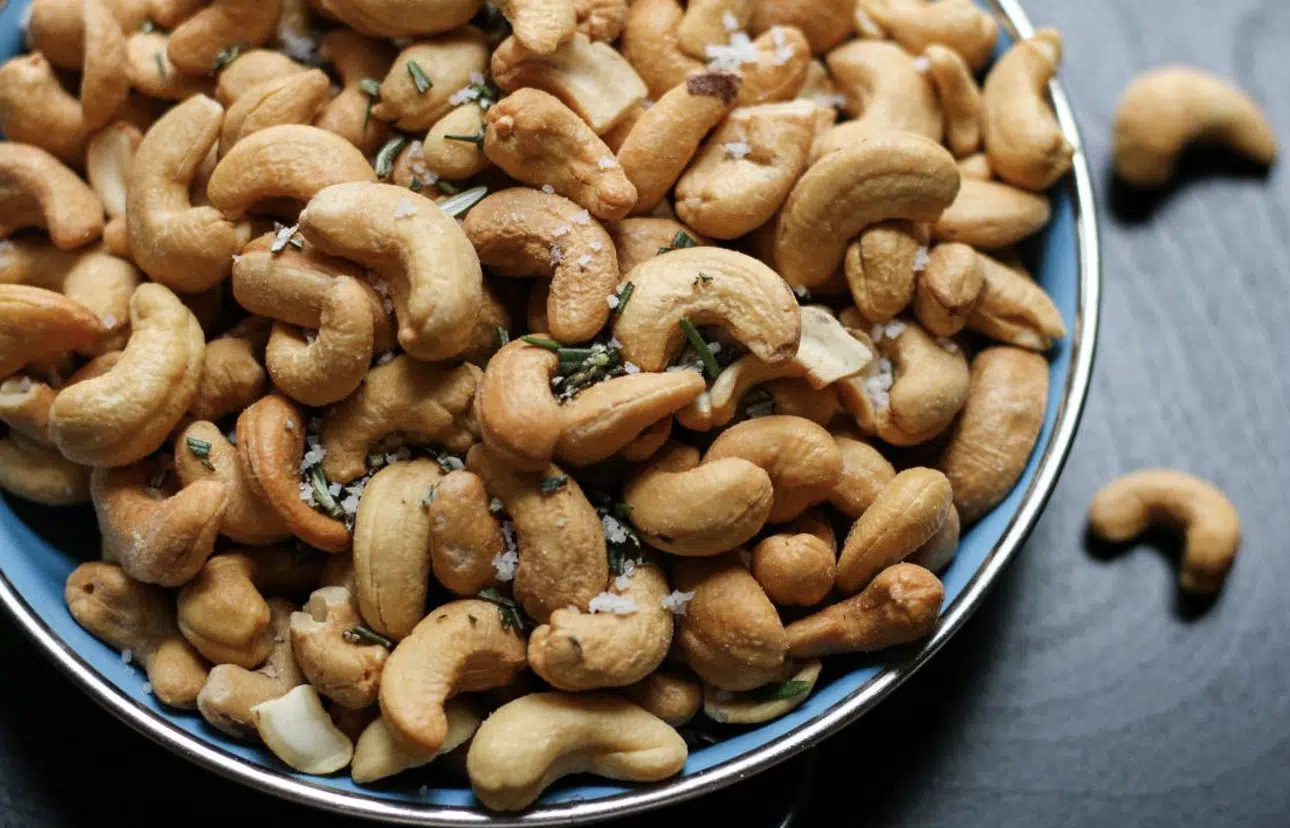
Rich in antioxidants, minerals, and healthy fats, nuts and seeds are another important component of a healthy diet. Although calorie-dense, nuts such as almonds, walnuts, and cashews are seen as an ideal food for weight loss. Nuts also reduce the glycemic load of a meal, which helps with regulating blood glucose levels and preventing and controlling diabetes. The consumption of flax, sesame, chia, pumpkin, and hemp seeds has been linked to reduced cholesterol, blood pressure, and blood sugar.
Along with cold pressed olive oil, they’re a big part of the Mediterranean diet – a diet that’s often associated with reduced inflammation, blood pressure, and reduced risk of Alzheimer’s. Since it’s a rich source of plant-based fatty acids, olive oil has also been linked to better heart health. It’s also a great alternative to butter, lard, and palm oil which are full of saturated fats that harm not only the heart, but the brain as well.
Beans and legumes
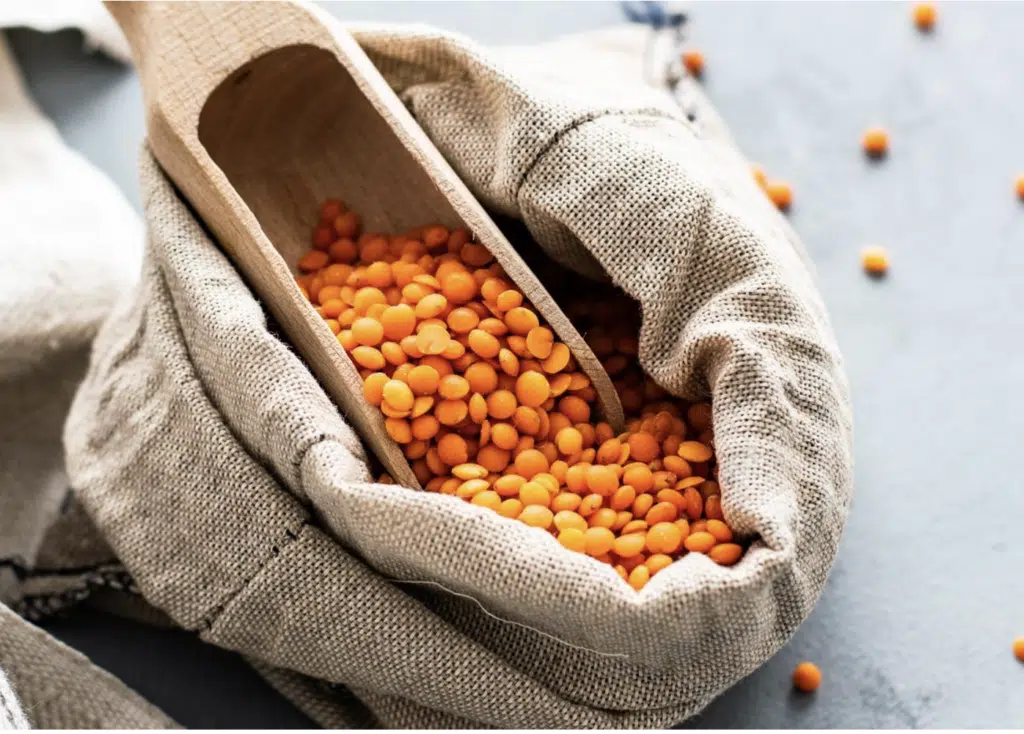
If you’re looking for a way to reduce your appetite or make your blood sugar levels more stable, beans and legumes are the way to go. These starchy foods contain all sorts of good-for-you nutrients that can help you in your aims to lose weight or prevent and control diabetes.
Beans are a particularly great source of protein for those following a plant-based diet. This is because navy beans, which are also known as haricot beans, Boston beans, and Yankee beans, are a rich source of B vitamins, cholesterol-lowering fiber, and minerals. Plus, since they do not contain gluten-protein, they’re a great addition to the diet of Celiac disease patients and those allergic to gluten. When combined with lentils and legumes, beans play a vital role in decreasing the risk of colon, kidney, and stomach cancer.
Onions and garlic
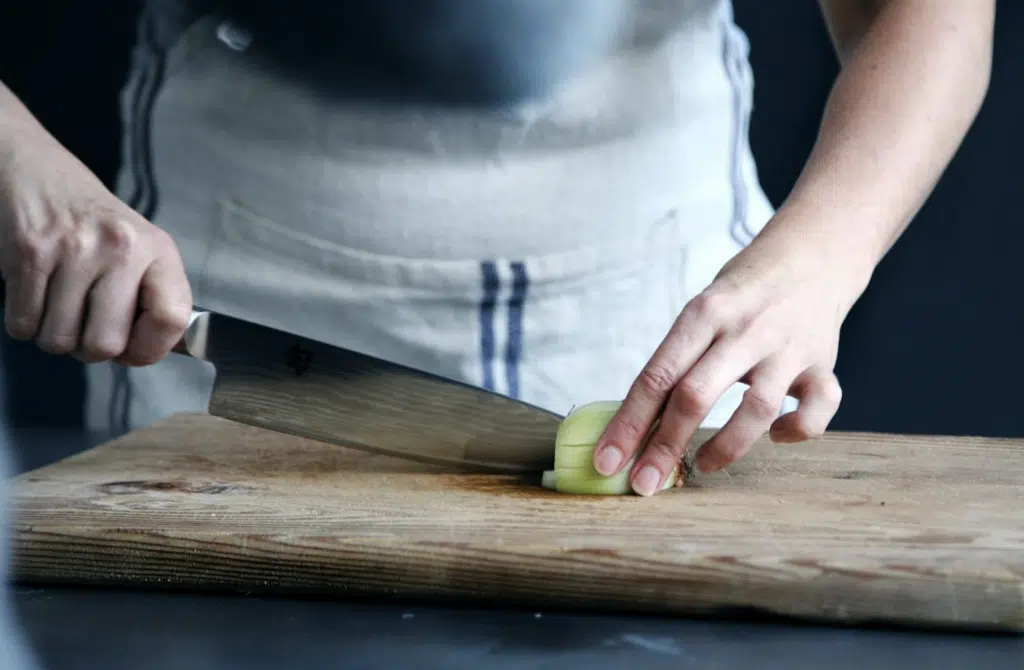
Speaking of foods with anti-cancer and anti-diabetic effects, another two major food staples you should make a part of your diet are onions and garlic. Regular consumption of these rich sources of vitamin C, B6, and potassium can help reduce the risk of prostate and gastric cancers.
These veggies contain organosulfur compounds and flavonols, both of which inhibit cancer development. Along with other allium vegetables such as scallions, shallots, chives, and leeks, they make for some of the best foods to help ward off degenerative diseases and live a longer, healthier life.
Wrapping up
Healthy living means many things. But at its core, it means being aware of what’s good for us and our health and making decisions accordingly. These decisions directly impact our longevity and health, and if we make an effort to eat healthily, we can create a healthy body that’s more resistant to the harmful effects from our environment.
 Sophia Smith is a lifestyle blogger, graphic designer and a food enthusiast. She is very passionate about eco-friendly and green topics, sustainable fashion, eco beauty, and conscious business. Sophia’s other hobbies centre around her love for yoga, wellness rituals and living in balance with nature. She loves sharing meaningful content that inspires people and has covered topics ranging from organic products and sustainability to self-care and mental health. Sophia has contributed to a number of publications including Eco Warrior Princess, Naughty Nutrition, Herbs Mother Earth Living, Yoga Trade, Sivana Spirit, Bonvita Style, High Style Life, Carousel, and Cause Artist.
Sophia Smith is a lifestyle blogger, graphic designer and a food enthusiast. She is very passionate about eco-friendly and green topics, sustainable fashion, eco beauty, and conscious business. Sophia’s other hobbies centre around her love for yoga, wellness rituals and living in balance with nature. She loves sharing meaningful content that inspires people and has covered topics ranging from organic products and sustainability to self-care and mental health. Sophia has contributed to a number of publications including Eco Warrior Princess, Naughty Nutrition, Herbs Mother Earth Living, Yoga Trade, Sivana Spirit, Bonvita Style, High Style Life, Carousel, and Cause Artist.
Contact: sophia.smith.bri@gmail.com







